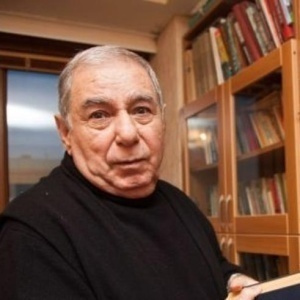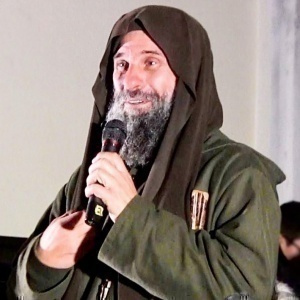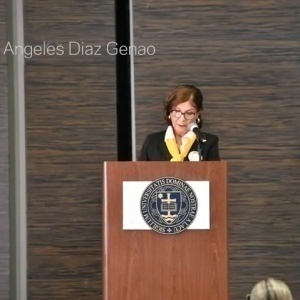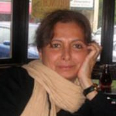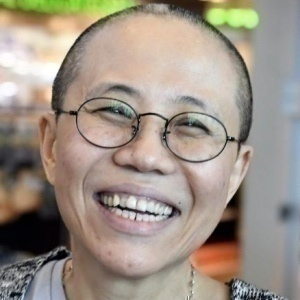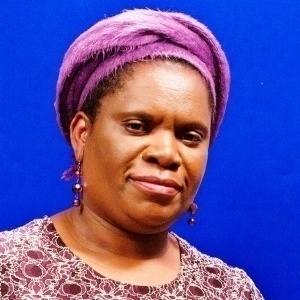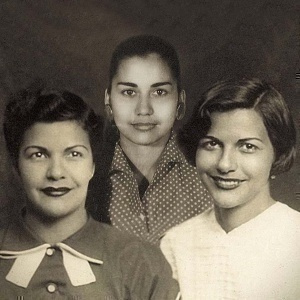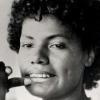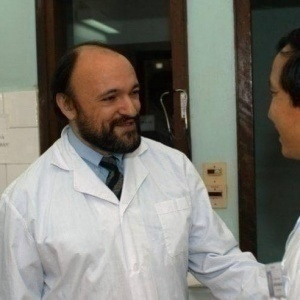Their names were Minerva, Maria Teresa and Patria, but everyone remembers them as “Las mariposas” (the butterflies), because even before they became martyrs to their country's revolutionary cause, they had managed to convey a universal message of dignity and courage that would change the course of history. “In the forest of Alto Paraná, the most beautiful butterflies save themselves by showing themselves”, Eduardo Galeano wrote a few years ago, remembering them in a short elegy. Minerva, Maria Teresa and Patria Mirabal were young, free, educated, independent and their end caused enormous international outrage, which accelerated the end of one of the bloodiest dictatorships of contemporary times. Today, their gazes stare back at us from black and white images that are also a warning not to forget their sacrifice.
They were the protagonists of a story that took shape in the Dominican Republic after World War II, at the time of Rafael Trujillo’s brutal dictatorship, a bloody and corrupt regime that lasted over thirty years and was also a tragic hyperbole of machismo. The Mirabal sisters were four in number (Minerva, Maria Teresa, Patria and Adela) and grew up in the town of Ojo de Agua, in Salcedo province, in a wealthy middle-class Dominican family that, like many others, lost everything when the dictator took over the country. They were in their early twenties when three of them began to wage a great battle in the name of political freedom and civil rights. Some claim their militancy started in 1949, when Minerva, the second daughter, a law graduate who could not practise law as she was a woman, dared to challenge the dictator during San Cristobal festival, by openly refusing his advances. “The truth is that Minerva had been looking for trouble for two or three years already”, recalled in recent times Adela, the fourth and last sister, who passed in 2014.
What is certain is that Minerva was harassed for a long time by the Dominican leader, who had become infatuated with her. Her rejections became an obsession for Trujillo, who went so far as to imprison her father and turn on her family. However, Minerva never bowed to his blackmail and fought every abuse, even though she knew what the consequences would be. “If they kill me”, she said one day, “I will pull my arms out of the grave and I will be stronger”. Both she and her husband, Manolo Tavárez Justo, became leaders of the resistance: soon the persecution against her also persuaded two of her sisters, Patria and Maria Teresa, to become activists against the regime. From then on, the three young women would devote their lives to fighting the dictatorship under the code name “Las mariposas” (the butterflies). They married, had children and began hosting resistance meetings in their houses, establishing an underground political group called the 14th June Movement, in memory of a failed coup against Trujillo. In a short time, the group’s ideas spread throughout the country with the support of some Cuban revolutionaries and also gave new life to the protests of the local clergy, which until then had been rather lukewarm. The movement increasingly became a thorn in the side for the regime (“My only issues are the Catholic Church and the Mirabal sisters”, the dictator admitted one day), which persecuted its members mercilessly, by imprisoning, torturing and killing them.
On a January day in 1960, two of the Mirabal sisters, Minerva and Maria Teresa, were captured with their husbands and sentenced to five years of forced labour. They ended up in the notorious torture centre of La Cuarenta, but a few months later the dictator decided to set them free and faked a gesture of clemency that turned out to be a trap. There had been persistent rumours for some time that the regime wanted them dead, and as a precautionary measure they almost always tried not to move all together. They did so only once, on 25th November of that year, to visit their husbands locked up in prison. On their way home in the late afternoon, Minerva, Maria Teresa and Patria came across an ambush by Trujillo’s secret service. The assassins forced them out of the car and took them to a secluded location, a sugar cane plantation, where they beat and torture them to death. They then put their corpses back into the vehicle they were travelling in and threw it over a cliff to simulate an accident, but nobody believed it and the feminicide of the Mirabal sisters definitively attracted international and local attention against the regime.
The terrible end of the “butterflies” caused huge outrage in the country, awakened the consciences of the population and accelerated the end of the dictatorship. Five months later, Trujillo himself, held responsible for the deaths of some sixty thousand political opponents, was shot dead in an ambush in Santo Domingo. His death did not lead to democracy immediately (his successor, Joaquin Balaguer, continued the authoritarian tradition until the late 1970s), but the country would never again return to the level of repression experienced during his regime. Adela, known as Dedé, was the only one of the four Mirabal sisters who survived, because she was not politically active. Since then, to exorcise the remorse of having survived, she would dedicate the rest of her life to the memory of her beloved sisters, setting up a museum in their childhood home, the Casa Museo Hermanas Mirabal.
In 1999, the United Nations General Assembly, recalling the day of their murder, officially declared 25th November the International Day for the Elimination of Violence against Women.









